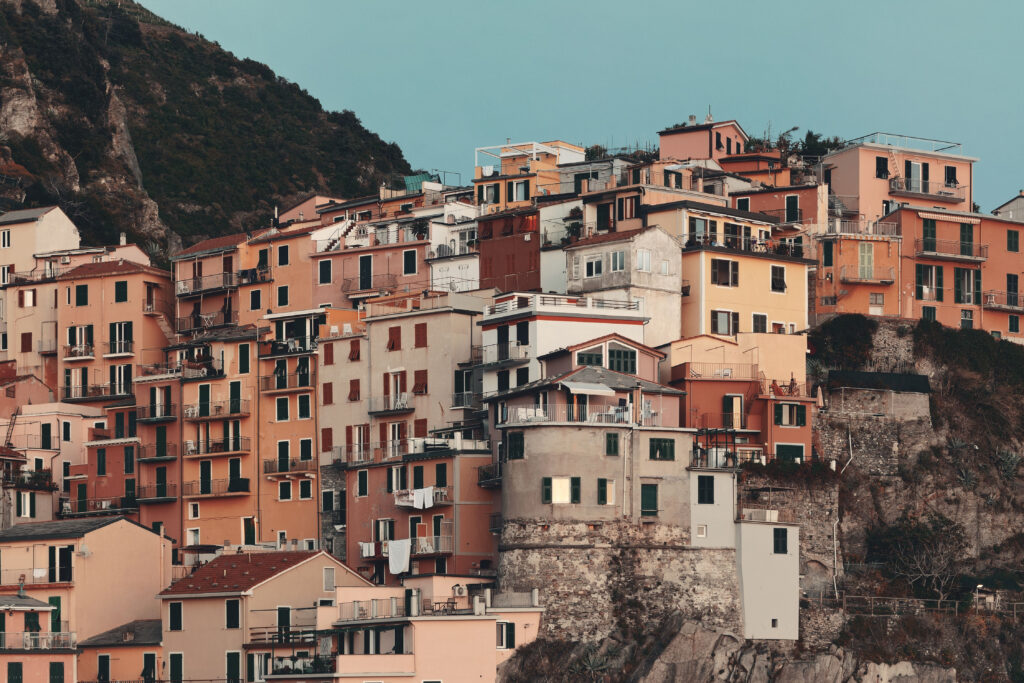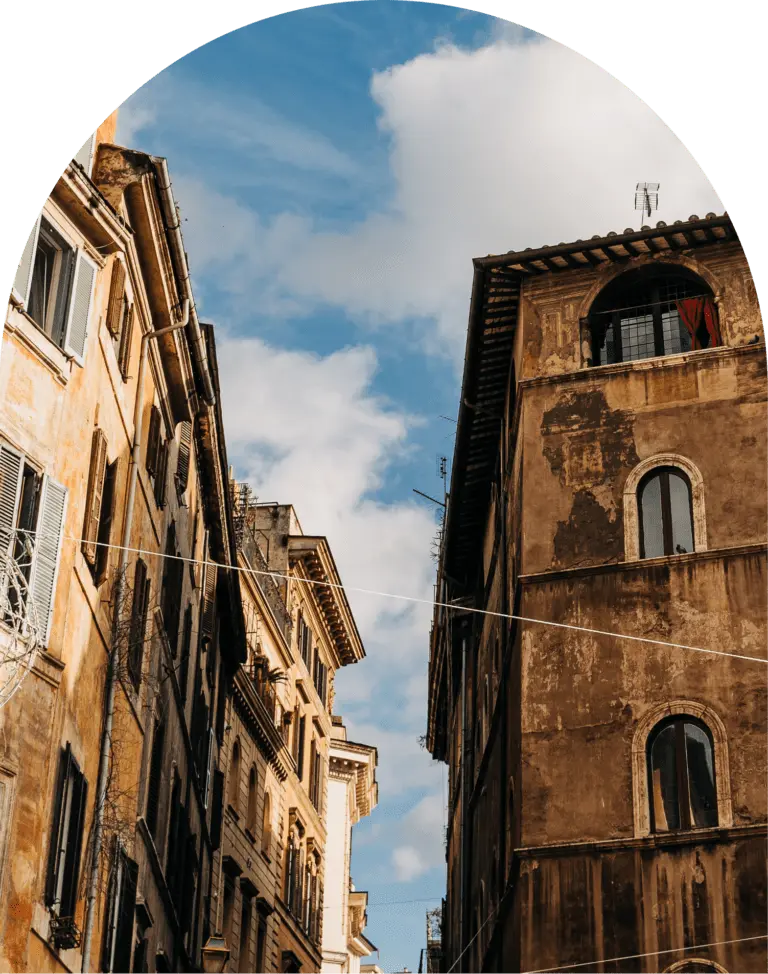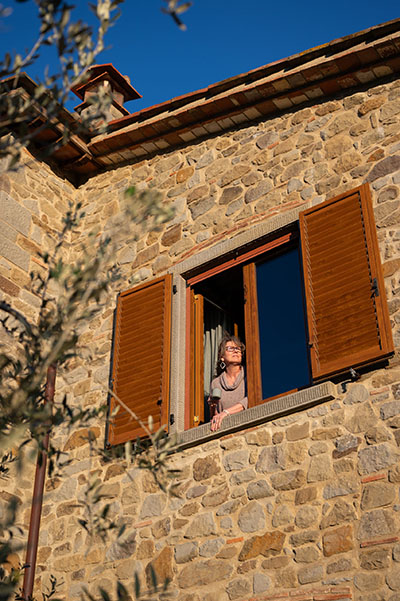Buying or selling a condo in Italy is a rewarding but complex experience. When investing in a condo property, you are acquiring a stake in a small community, with its participants, rules, and common assets and liabilities. It is necessary to have a solid understanding of how the condominium is managed and the rules that regulate it.
Consulting the appropriate parties for accurate information is key to avoiding misunderstandings. All parties need to have a clear grasp of the condominium’s governing rules and regulations. This is crucial for making decisions throughout the process.
Whether you’re eyeing a chic condo in the heart of Milan or selling your vacation home along the Italian Riviera, there are several important factors to keep in mind. Here’s what you need to know when buying or selling a condo in Italy.
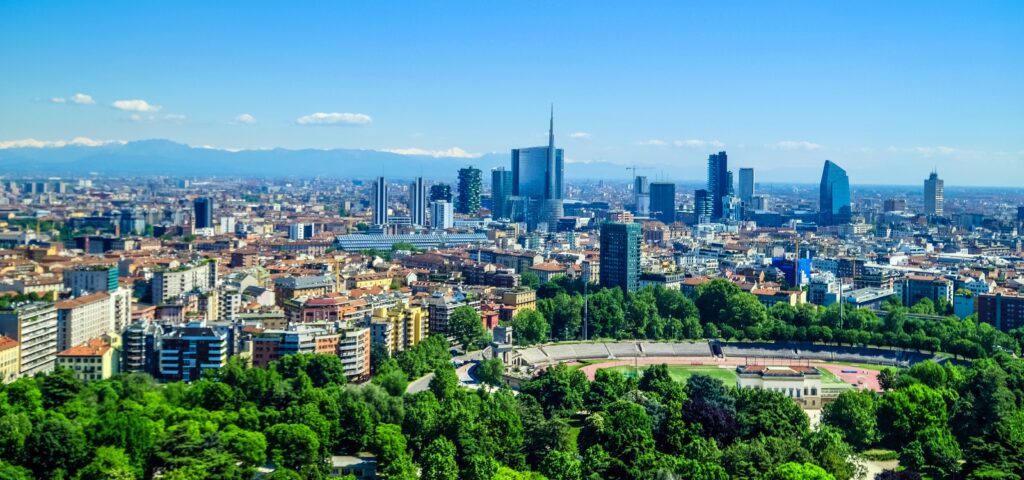
What to Ask the Seller Before Buying a Condo
Before buying a condo in Italy, it’s essential for the buyer to gather key information from the seller to ensure a smooth and smart purchase. Here are some important questions to ask:
- What are the monthly condo fees?
- Understanding the regular fees for maintenance of common areas like hallways, gardens, and elevators is crucial for budgeting.
- What does the condo fee cover?
- Clarify whether the fee includes utilities, maintenance, security, cleaning, or other services like waste disposal.
- Are there any upcoming major repairs or renovations?
- Ask if any large projects are planned, such as roof repairs or structural work, which will lead to extra charges for residents.
- Are there any unpaid fees or financial disputes with current residents?
- Ensure there are no outstanding debts from the previous owner or unresolved financial issues with other tenants that will affect your ownership.
- What are the condo rules and regulations?
- Review the rules regarding noise, pets, renovations, and common area usage to avoid potential conflicts later.
- Is there a reserve fund for future repairs?
- Inquire whether the building has a reserve fund set aside for unexpected repairs.
- What is the condition of the shared areas?
- Assess the overall upkeep of common spaces, as this reflects the quality of the condominium’s management.
- What are the building’s insurance policies?
- Confirm what the condo’s insurance covers and whether you’ll need additional individual insurance for your unit. Inquire as to if the building meets all safety regulations.
- Are there any current legal disputes or pending litigation involving the condo association?
- This can reveal any ongoing issues with the building or its management that could affect your future ownership.
- What are the condo’s policies for short-term rentals or subletting?
- Some condos have restrictions on renting out units, which is important if you’re planning to use the property as a rental investment.
These questions establish transparency, allowing you to make a knowledgeable decision before buying an Italian condo.
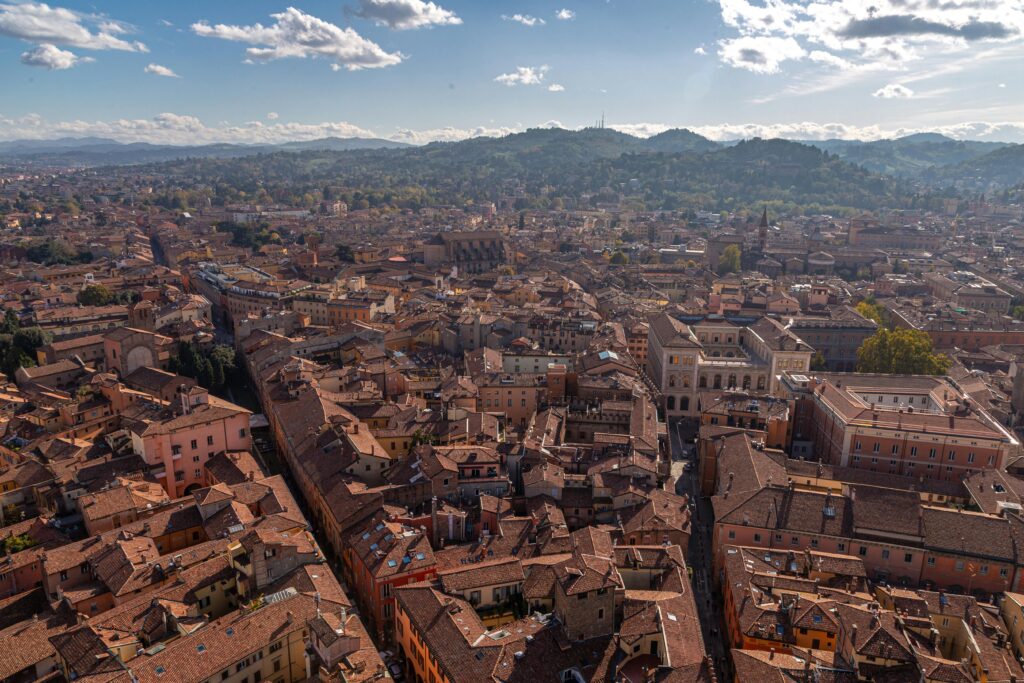
Why Buyers Must Rely on Sellers for Condo Documentation
The amount of information prospective buyers can request from the condo board is limited. Privacy restrictions often forbid members of the condo board from sharing information with non-residents. The seller is therefore the only individual permitted to share all property documents with the buyer.
To simplify the process, it’s often recommended to work with a reputable real estate agent. They will oversee interactions with the seller and condo board, and ensure that all the required paperwork is thoroughly reviewed. This will make for a well-informed buyer and a smoother transaction.
Get more of your questions about purchasing property answered by reading our helpful article, Buying Italian Property FAQ.
Key Considerations for New Condo Owners
As a new condo owner, it’s vital to be fully aware of all the rules and regulations that govern the building. These guidelines are in place to assure smooth community living.
Key rules will include noise restrictions and regulations around the use of shared spaces like gardens, gyms, or pools. This will include any schedules or limitations on access. Parking rules, such as assigned spaces or guest parking availability, are also important to understand.
Additionally, knowing who is responsible for routine maintenance within the condo is crucial. This includes tasks like replacing light bulbs, cleaning common areas, and maintaining essential systems like elevators.
Make sure you understand how shared facilities are managed and maintained, and whether there is a plan in place for larger repairs or upgrades.
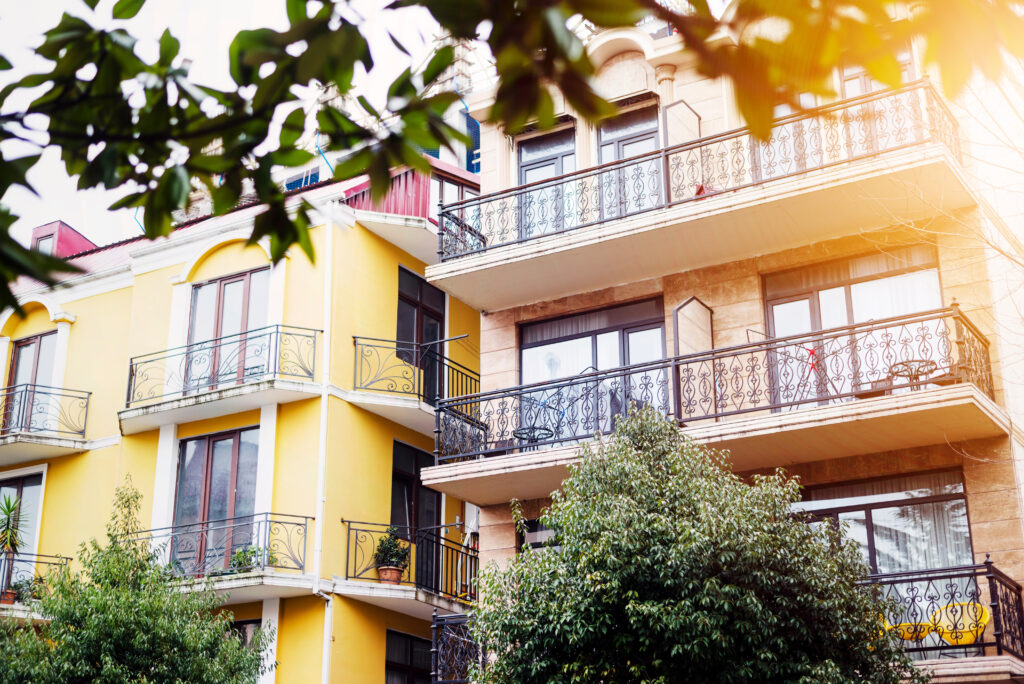
Essential Information Sellers Need from Their Property Amministratore
Before selling a condo in Italy, sellers need to consult their amministratore di condominio (manager of the condo association) to gather information that will be important for potential buyers. Sellers need to ask for a detailed overview of the condo’s financial standing. This includes any unpaid fees or upcoming work for major repairs or renovations.
Sellers need to obtain a copy of the condominium rules and regulations to provide to prospective buyers. This will help prevent future disputes.
Additionally, sellers need to clarify that all certifications, insurance policies, and any recent updates, are up to date and readily available for a smooth sale.
It’s also important to investigate whether there are any ongoing legal disputes that will impact the property’s value or lead to future costs. Sellers need to request a detailed breakdown of recent condominium expenses and the projected budget for the current year.
Obtaining an excerpt from the minutes of the most recent condominium meeting is prudent as well. The minutes may reveal decisions that will impact property value. Cooperation between the seller and the amministratore is essential to properly valuing the property.
Conclusion
Buying a condo in Italy is a rewarding investment, but it’s important to be well-informed before you begin the process. Understanding all the dynamics is key to a successful transaction.
Whether you’re purchasing a vacation home or selling your condo, working with trustworthy professionals-like notaries, real estate agents, and tax advisors-will ensure a smooth and stress-free experience. Contact Dolce Living to begin the search for your Italian condo today.

